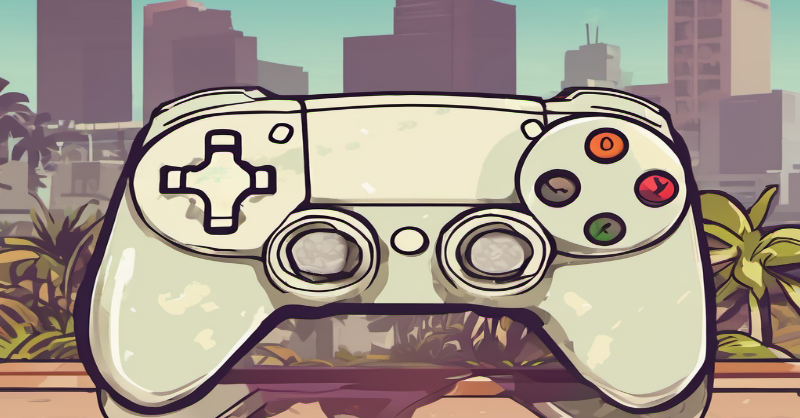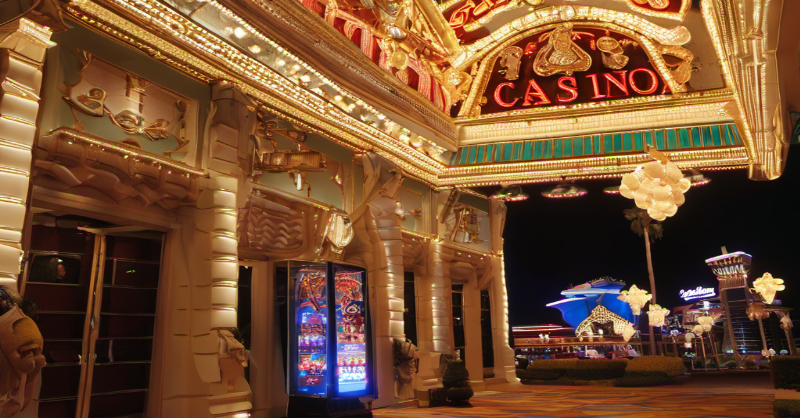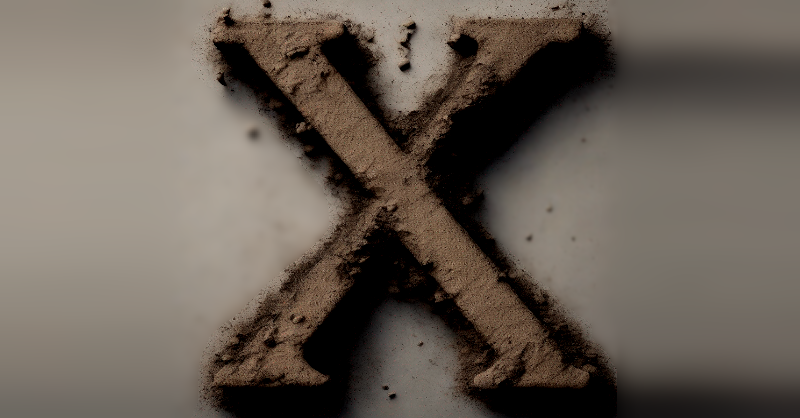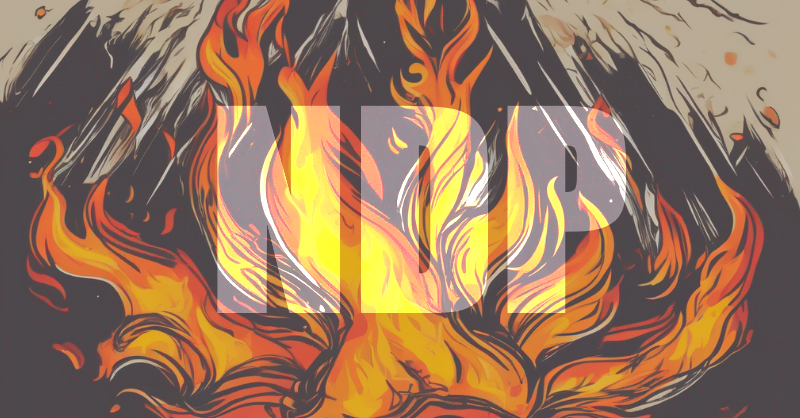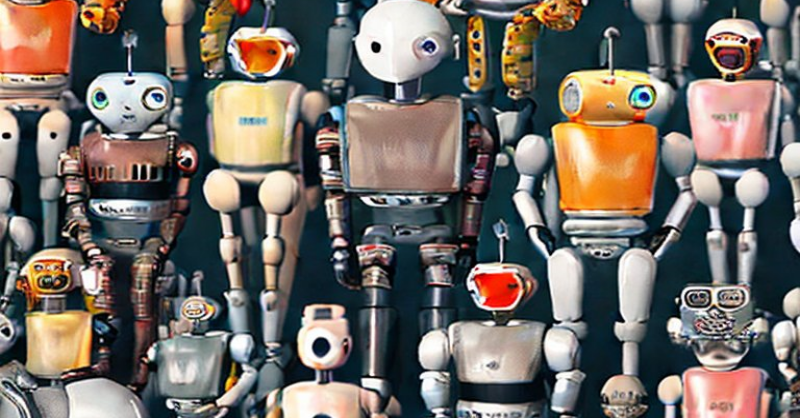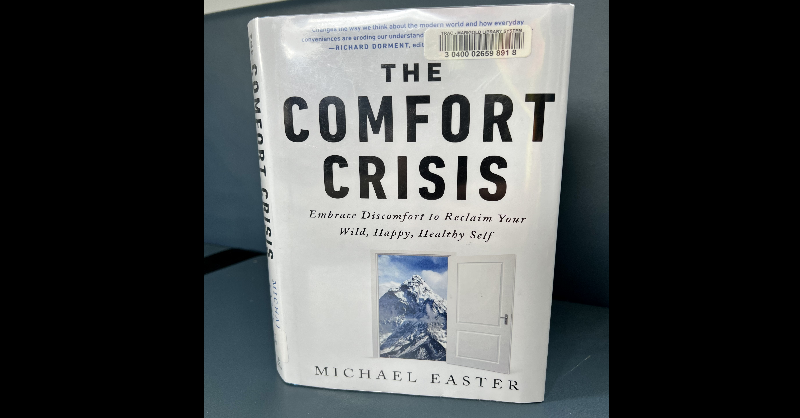As 2024 rolls in, now
might be a good time to think about some awful things that we'd be
better off without. You'll disagree with at least one of the things
on the list, or you might disagree with all of them. None of them are
political, just simple items and social habits that haven't done us
any real good as a society—in my opinion. For all of them, there
are better alternatives with more positive outcomes.
Microwaves
When these things came
out in the 1950s, or 1960s, they were marvelled at as revolutionary
and futuristic for their ability to rapidly heat food. Today, the
technology hasn't evolved and we could do so much better than a
clunky box that zaps our food with Cold War era radiation.
Air fryers might not be
good at heating liquids and certain kinds of foods, but when it comes
to cooking and reheating pizza, chicken wings, Chinese food, french
fries and other things, air fryers are phenomenal. Unlike microwaves,
air fryers actually cook and heat the food uniformly. Reheated pizza
comes out as fresh and hot as when you originally ordered it.
How many times have you
burned your mouth on food that came out of the microwave, only to get
to a cold middle? Or, how many times have you burned your hands with
a hot plate or bowl, only to find that the food is still cold? This
is a common problem with these outdated relics.
I have vowed never to
own a microwave on purpose. In fact, I spent ten years as a bachelor
in Saskatchewan without one. If you're building a new house, you
should decline making a microwave one of the appliances that can be
wired in. These pathetic hunks of junk need to go extinct but, to
make that happen, we all need to boycott them.
Denim & Blue
Jeans
I know a handful of
people who agree with me. One out of every four people I know hate
blue jeans, but still wear them because it's the status quo. Rather
than chasing comfort, they're chasing style and fashion. I'm guilty
of it as well. However, if you've noticed, fewer women actually wear
blue jeans anymore.
Many people do still
swear by blue jeans, even as they struggle with chafing and cold
winters.
Denim, in my opinion,
is a horrible material. I'm not even sure how it became a thing. It's
credited for being tough and great for wear and tear—but every pair
of jeans I own have worn out within a couple of years. I
still own old fashioned dress pants and trousers that have stood the
test of time much better. I have several khakis that are a decade old
without any holes.
Denim's “tough”
reputation is a fallacy. I find denim neither durable nor
comfortable.
In the winter, denim is
cold. If you don't wear long johns, chances are you've felt the cold
jeans touch your legs. If you're a man with testicles,
you've had a few bad pairs that have also chafed the skin off your
balls. The problem is, jeans are durable enough to be uncomfortable,
but not durable enough to stand the test of time.
An excellent
alternative to blue jeans are khakis, trousers and any normal, soft
cotton-based or polyester pants. Many even come in blue.
Metal Bed Frames
I was shocked to find
out that these are still a thing that people want. Most bed frames
are wooden boxes now, but the old metal ones from the age of
microwaves still exist. I know, because I have banged my shin on them
and struggled to disassemble and move them without gouging holes in
drywall or injuring myself.
Enough said. Let's get rid of
metal bed frames.
The 12-Month
Calendar
This month has 31 days,
the next month has 30 days, February has 28, but sometimes 29. A
couple of the months are still named after Roman emperors, like
Julius Caesar and Augustus, while others are named after Roman gods
and rituals. Some holidays get thrown around the calendar year after
year, causing confusion and annoyance.
Does anyone else see a
problem with this? We're running on a solar calendar that's more than
2000 years old and highly dysfunctional. Anyone who says the current
calendar works needs to pull their head out of their ass—or out of
the sand. What part of having inconsistent days and weekends in every month “works”?
You may have already
heard the argument in favour of a 13-month calendar made up of 12
months with 28 days and one month (sometimes two) with 29. I'm here
to tell you it's a better idea than the outdated 12-month calendars
we use today. This idea has been called the Cotsworth Calendar, or
the International Fixed Calendar. It's really not a new idea.
In this 13-month
calendar, every month begins on a Sunday and ends on a Saturday.
Every December has an extra day called “Year Day”, which can be a
holiday. In years divisible by four, another day is added for the
leap year—usually at the end of June. An extra month named Sol
is added between June and July. On this International Fixed Calendar,
every day of the month is the same and consistent, meaning your
birthday will always fall on the same day of the week. This includes
holidays like Easter and Remembrance Day.
I suppose, for those
whose birthdays are on Mondays or Tuesdays, it might become a point
of contention—but that's no reason to stall progress.
The people who have
stalled any progress toward adopting a 13-month calendar have been—in
my opinion—the typical idiots we should come to expect. This is the
part where some of you might get angry, call me a bigot or an idiot,
and quit reading. But, oh well.
Truth hurts.
People most strongly
opposed to the 13-month calendar, even today, are religious
institutions and superstitious morons. One of the biggest points of
contention comes from Jews and Christians, who put too much
precedence on silly religious ideas, like the idea that god created
the world in seven days. On the 13-month calendar, leap years and
year days would create some weeks with eight days. Mixed in with
the idiots who don't like this are those who think 13 is an unlucky number.
For the mental midgets
who still make decisions based on astrology, their zodiac signs and constellations would
get messed up.
Basically, the same
people who persecuted Galileo and called for witches to be burned are
the same people who halted progress on society adopting a more
logical and consistent calendar. The truth is, the advantages of a
13-month calendar significantly outweigh the disadvantages—which
are all mostly superficial, subjective and frivolous.
Escape your matrix of
superstition. Embrace the more logical International Fixed
Calendar.
The Five-Day Work
Week
Last, but not least, we
need to do away with the standard five days of work. Henry Ford
revolutionized labour when he brought in the 40-hour work week and
freed millions from having to work up to 16 hours a day without
overtime pay and vacations. Before the 8-hour workday, life was hell.
Just as we moved on
from slave labour without overtime, we need to move on from
what we have known our whole lives.
This is a change that
is gaining huge traction among Gen Z, who are becoming increasingly
rebellious as employees. We call them lazy and unwilling to work, but
as artificial intelligence and robotics advance at lightening speed,
they might be on to something. The traditional human labour economy
is on the way out, whether we like it or not, so we can either adapt or
fall behind.
Work-life balance is
gaining more importance with every new generation. Especially as we
face inflation and high costs of living, people are feeling like
they're having to work harder for less. These attitudes are most
likely byproducts of our wealth and privilege, but we can't brush it
off. Things are changing and it's not all bad.
Older generations will
talk about how hard they had to work, but isn't being able to work
less while still enjoying life a sign of progress? Living in a society where
people can work less and live more should be celebrated, not
lamented. Putting ourselves collectively closer to existential
freedom is a profound achievement.
We are entering a world
where human labour will no longer be in high demand. As a society, we
will find ways to adapt. That adaptation will look a lot like people
being able to enjoy life without having to work as hard. Overall,
that's not a bad thing. Yes, it will create generations of people who
would drop dead at the first sign of an apocalypse, but so what? At
least they enjoyed their lives.
All good things usually
end, so why not live? If that's really a concern, we would have more time to learn survivalism if we worked a bit less.
There is always a
chance that we bypass an apocalypse and things get even better.
Either way, working a couple extra hours a day and taking three days off
in a week improves everyone's quality of life. If it all ends, we can say
we enjoyed it while it lasted. If it carries forward and we can
sustain it as a society, all the better.
Open your minds in 2024
and break out of that mental prison.



